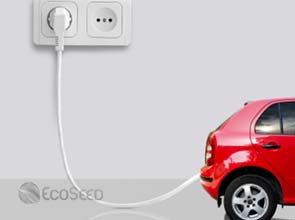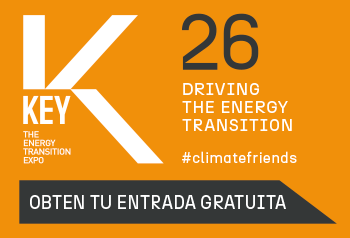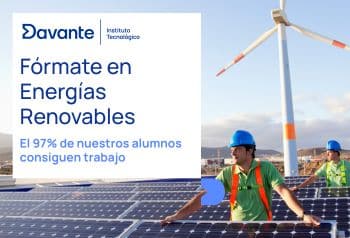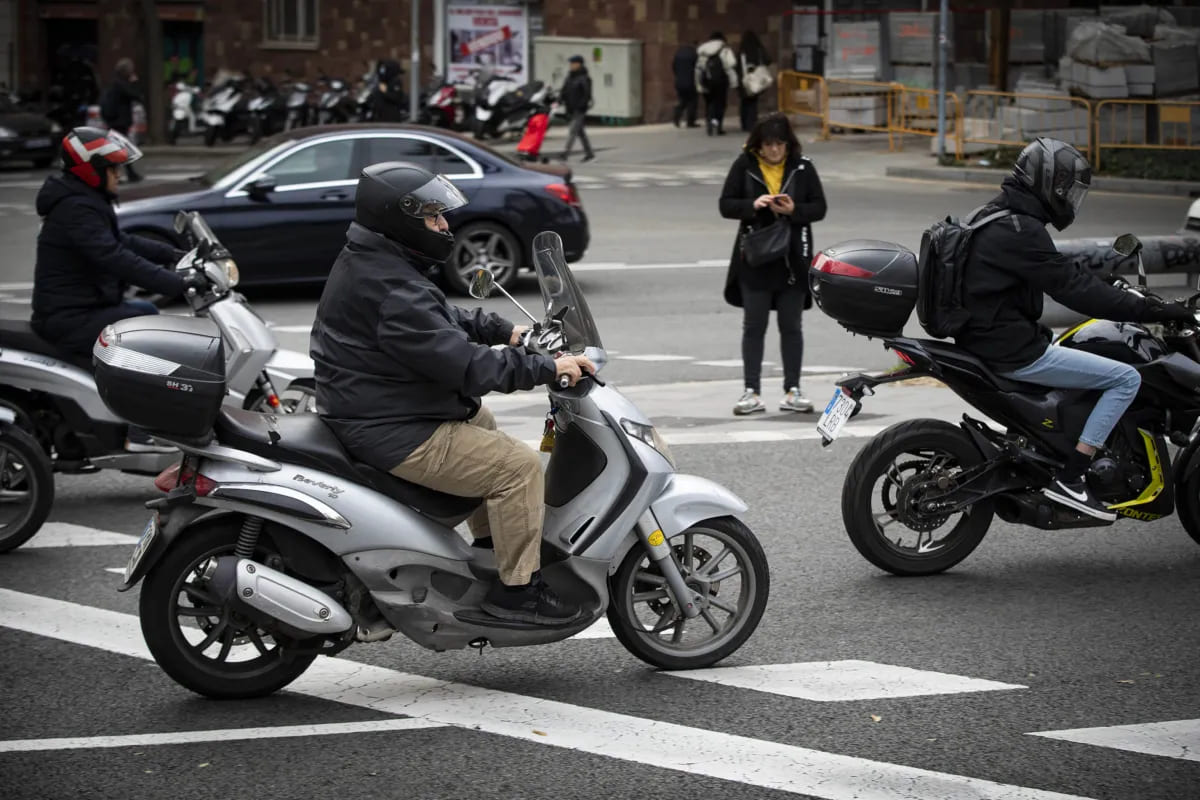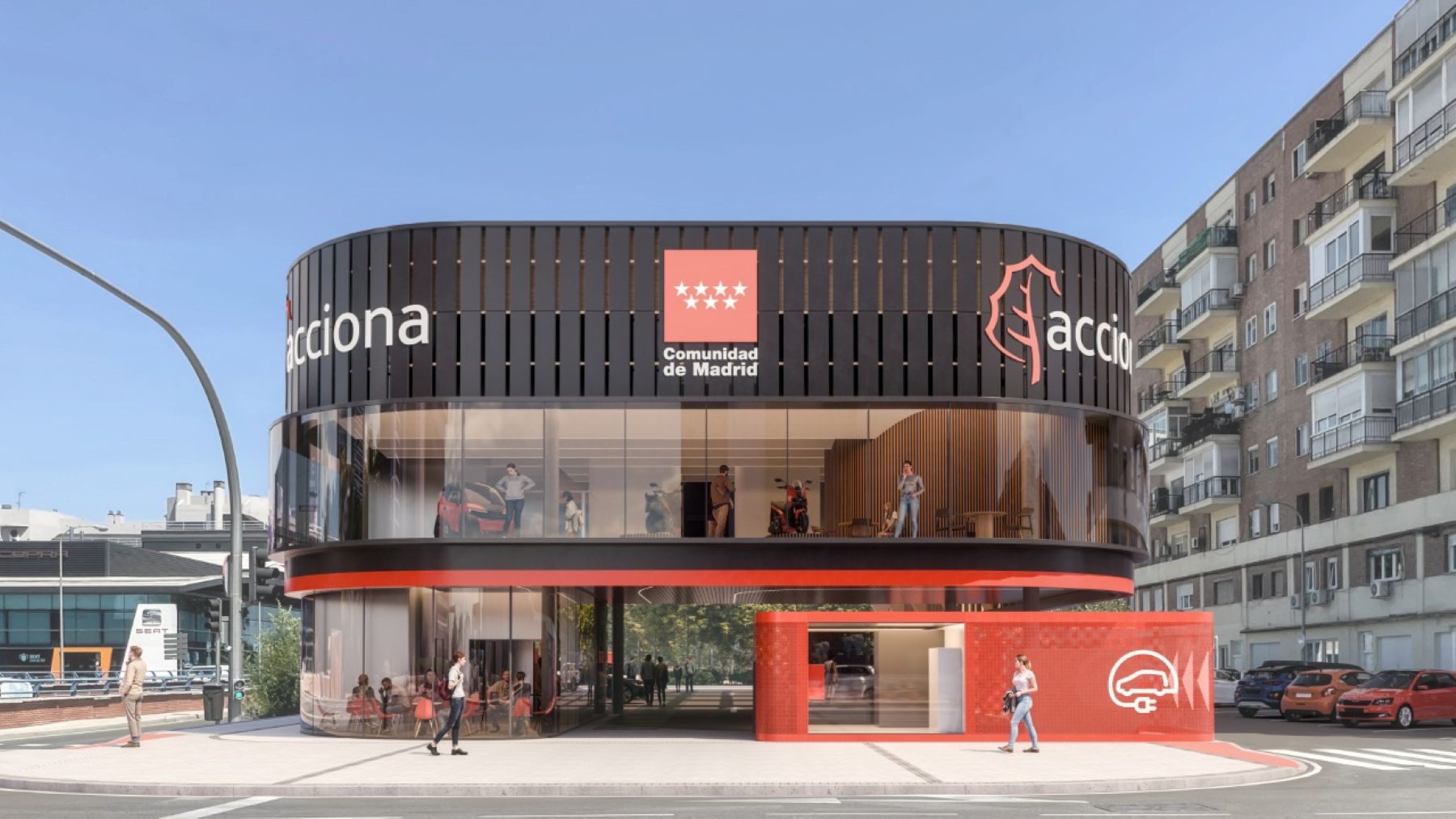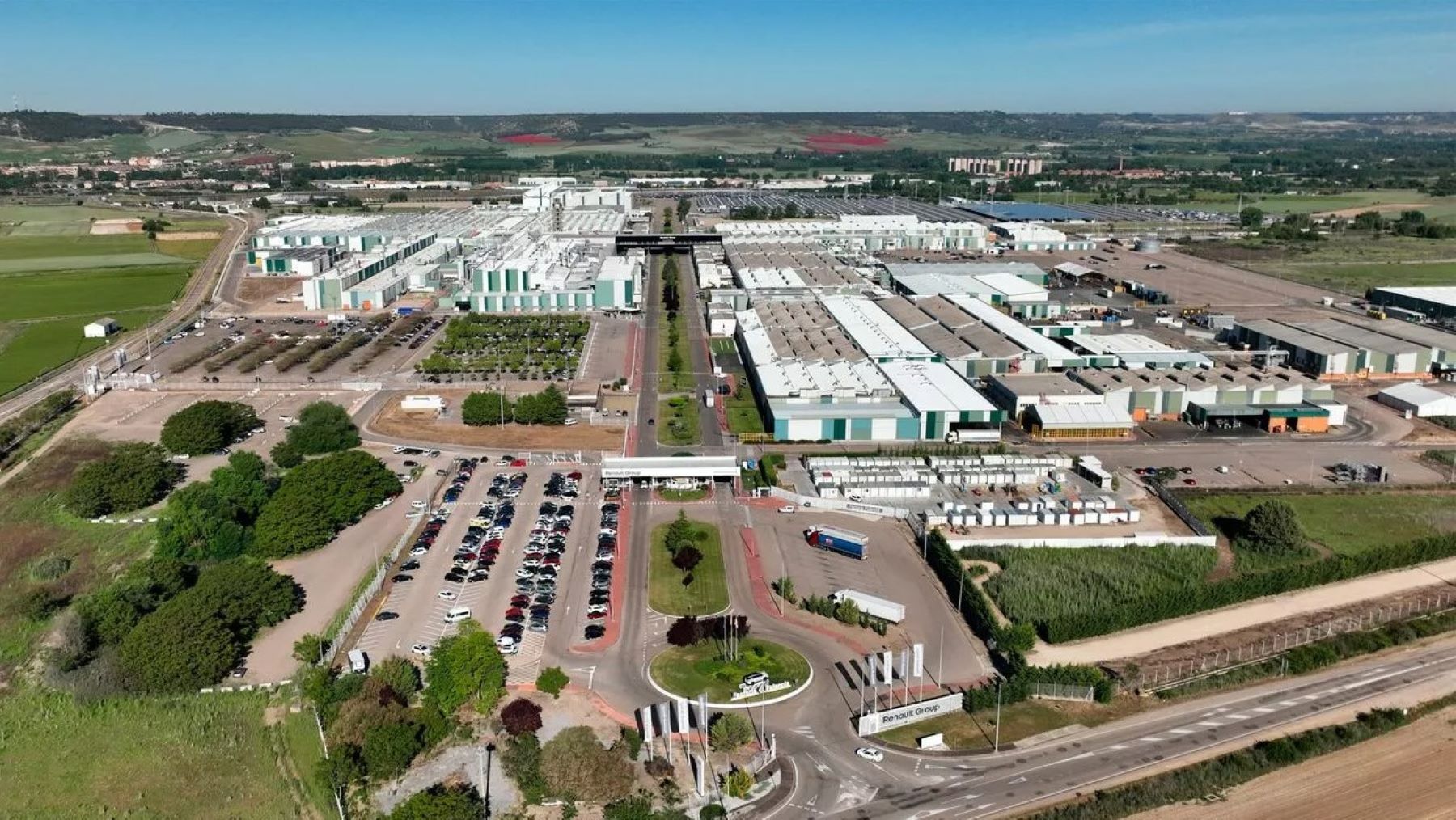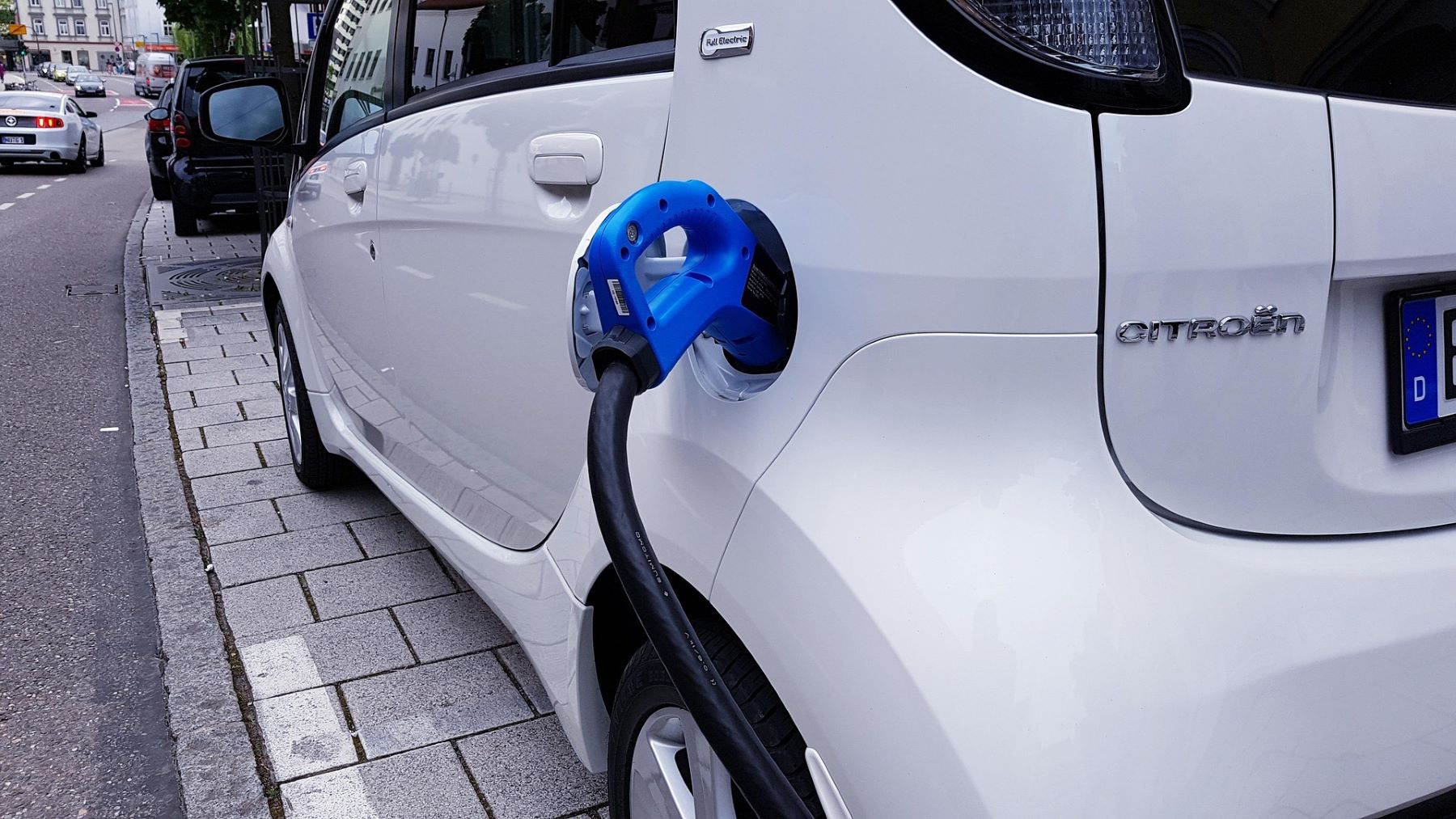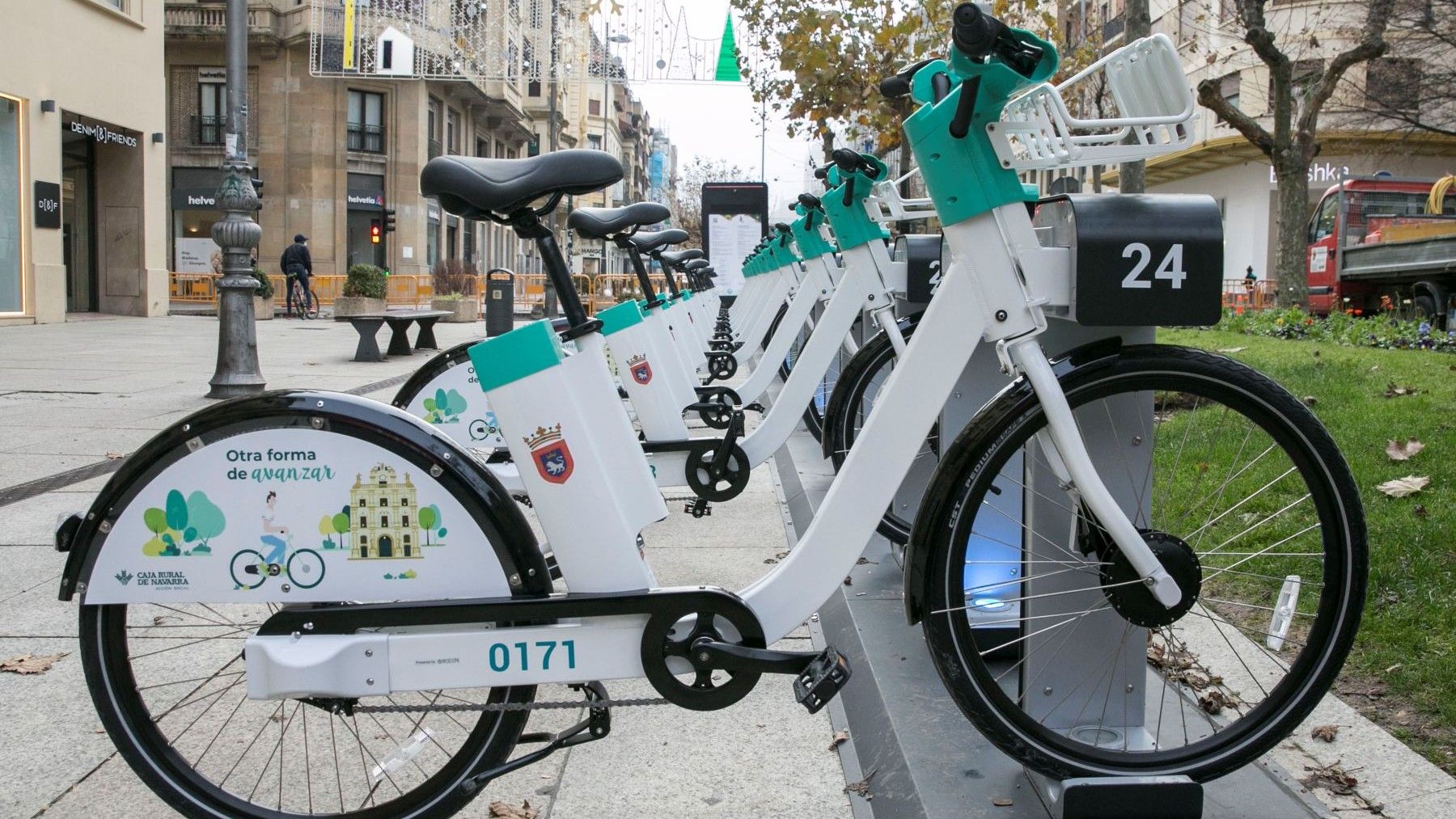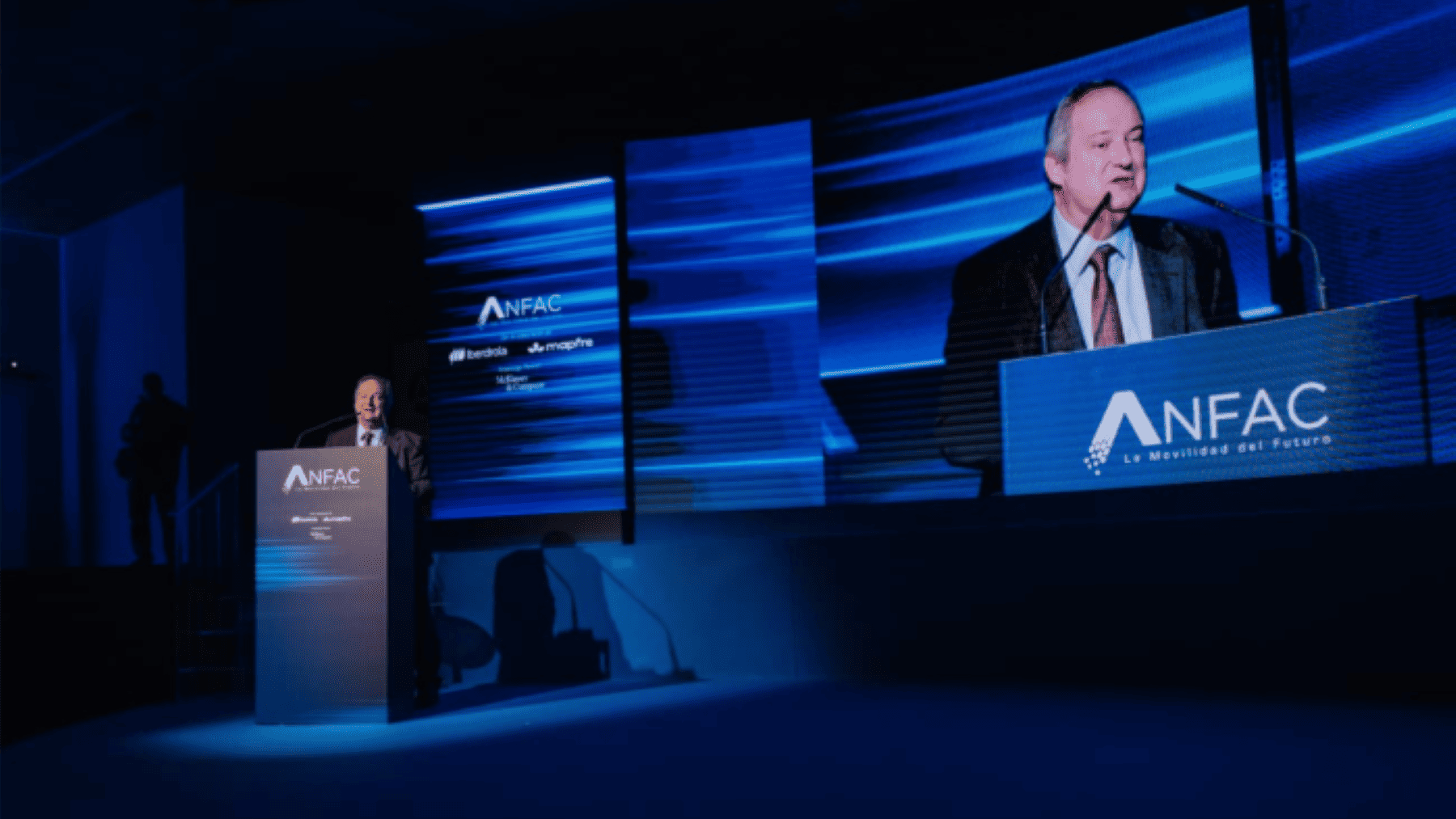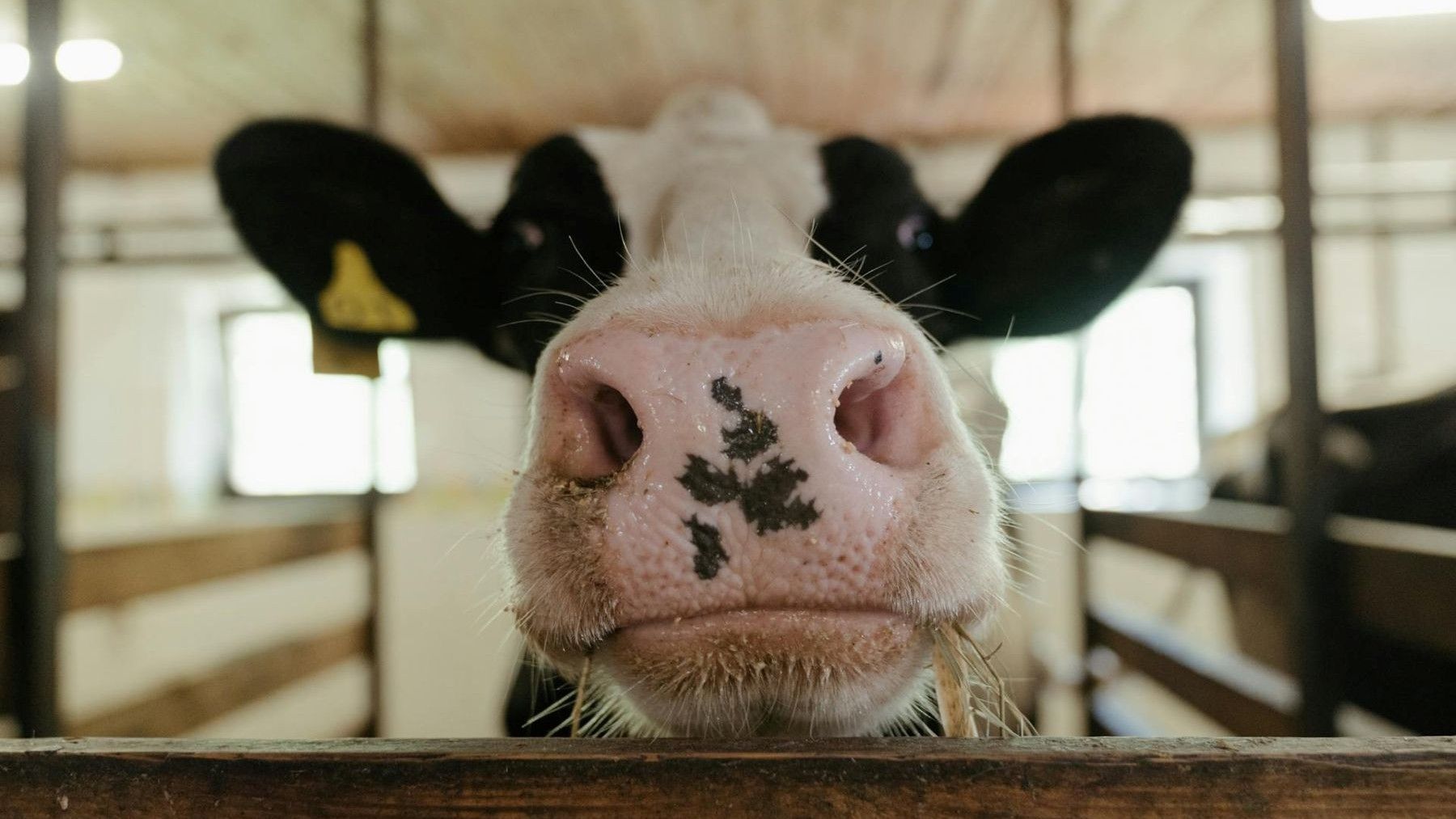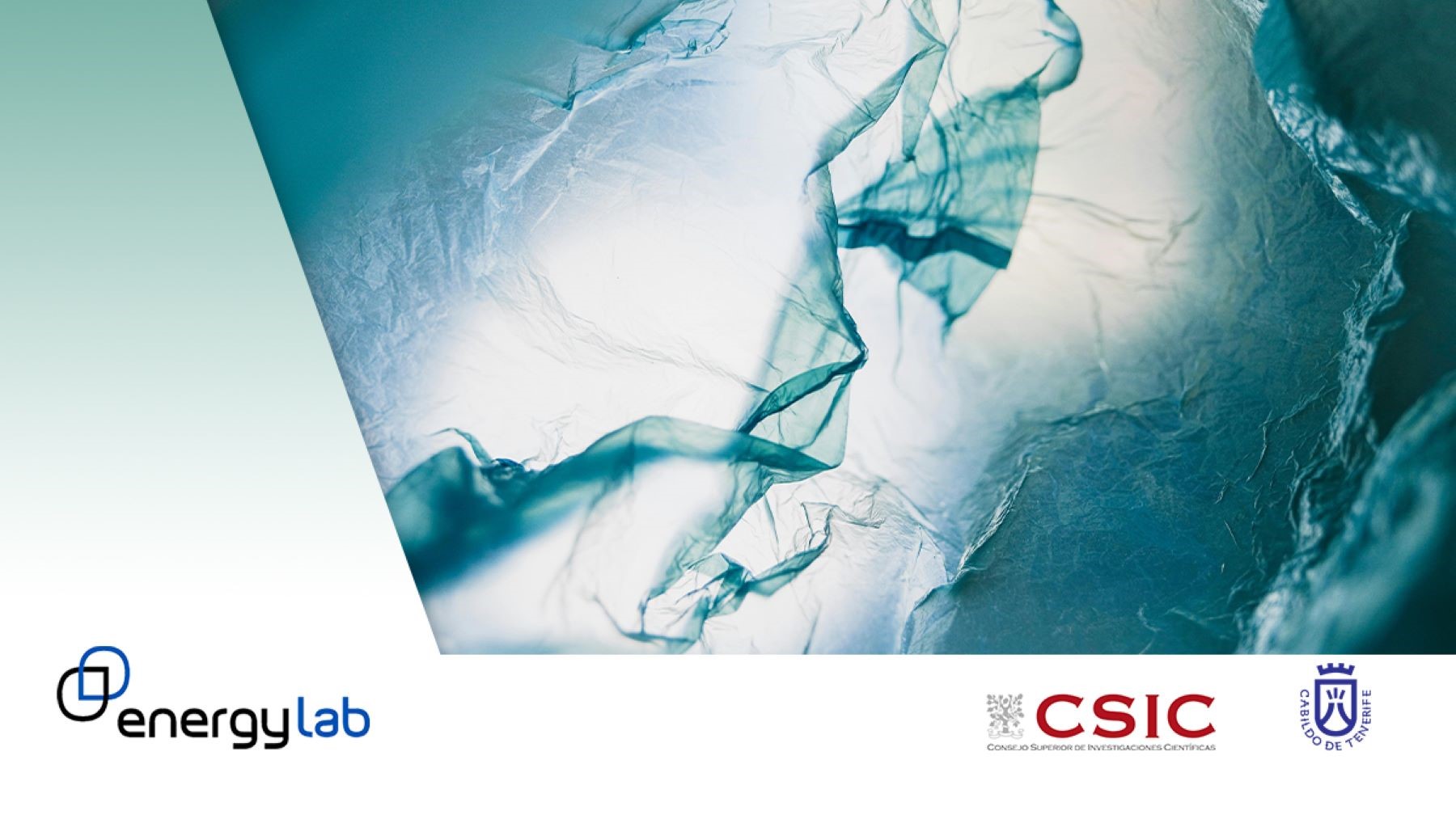After being a battery supplier, LG Group, the second largest South Korean conglomerate will now jointly design and build electric vehicles with General Motors.
G.M., the world’s second largest automaker by global volume, plans to utilize LG’s expertise and assets in making batteries and other systems, possibly saving G.M. from the costs of creating its own line-up of batteries for its cars.
The partnership will have engineers from both companies working on component, structural and architectural designs for cars, the companies said in a statement. Specific technologies LG will bring to the new cars were not disclosed but G.M. said the agreement will not involve an exchange of equity.
The two companies have previously worked together in the electric vehicle market. LG Chem, a unit of LG, currently supplies lithium-ion battery cells for G.M.’s Chevrolet Volt and Opel Ampera.
LG, better known for its consumer electronics and appliances expects to broaden its portfolio beyond car batteries from the partnership. For instance, G.M. uses hardware produced by LG for its OnStar system, a proprietary car communications device.
LG also worked with G.M. on a demonstration fleet of electric Chevy Cruze in Korea last year fitted by the company’s battery pack and motor inverter.
G.M. hopes the LG deal will help the carmaker compete with rivals to develop electric and gas-electric hybrid vehicles sooner in the wake of new more stringent United States fuel economy requirements.
«Many solutions for tomorrow’s transportation needs may be available more quickly by building on our partnership strategy,» said G.M. Vice Chairman Steve Girsky.
«Consumers benefit by getting the latest fuel-saving technology faster if we work with the best suppliers and we save time and money in the development process.»
The Obama administration has proposed the average fuel economy of cars automakers sell to auto makers. This is more than twice the current Corporate Average Fuel Economy requirement of 35.5 miles per gallon by 2016, a goal companies agree will require broader use of battery power in vehicles and other technologies.
Different auto makers globally are taking different approaches to figure out how to meet the CAFE requirement. On Monday, Ford Motors and Toyota Motors announced they would jointly develop a gas-electric hybrid system for light trucks and sport-utility vehicles.
However, the companies will only develop powertrains together, a system of gasoline and electric engines and parts that run a hybrid car. Ford and Toyota said they will integrate the system into their vehicles separately because it must be tailored for each of their vehicle models.
